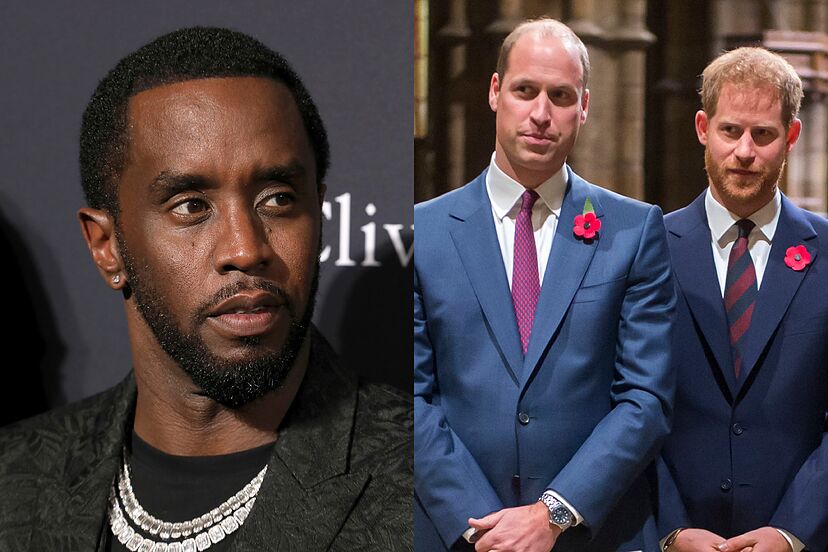The News
Royal Revelations: The Truth Behind Meghan Markle and Prince Harry’s Drama
In a recent exploration of royal dynamics, a new book by Ingrid Seward has shed light on the tumultuous relationship between Prince Harry, Meghan Markle, and the British monarchy.
This deep dive into their world reveals not just gossip, but a complex narrative that raises questions about loyalty, duty, and personal ambition.
As we reflect on these revelations, it's impossible to ignore the late Queen Elizabeth II, whose grace and wisdom guided the monarchy through decades of change.
However, even she had her reservations about the marriage of her grandson to Meghan Markle.
The Queen, known for her impeccable intuition, seemed to sense that trouble was brewing from the very beginning.
One of the most striking details from Seward's book is the Queen's discomfort with Prince Charles walking Meghan down the aisle.
While it may have appeared to be a touching gesture, it was, in reality, a significant moment that positioned Meghan as a central figure in the royal family.
This move was not merely about familial support; it marked Meghan's first assertive step into royal life, one that would set the tone for her future actions.
Moreover, Meghan's request to meet Charles partway down the aisle raised eyebrows.
It seemed less about independence and more about capturing attention.
In stark contrast, Kate Middleton exemplified a different approach, prioritizing tradition and family over personal spotlight.
This distinction highlights a fundamental difference in how each woman perceived her role within the monarchy.
The concerns didn't stop there.
The Queen was also worried about her husband, Prince Philip, attending the ceremony shortly after hip surgery.
Yet, there was no indication that Meghan considered simplifying the proceedings for his comfort.
Instead, it appeared that the wedding was all about the spectacle—something that would become a recurring theme in Meghan's journey.
Critics argue that Meghan's actions have consistently flouted royal protocol.
From closing her own car door to sporting dark nail polish, she seemed intent on redefining the norms of royal behavior.
The infamous Oprah interview further showcased this disregard, as Meghan aired grievances about the royal family on an international stage, prompting widespread backlash.
The drama continued with the release of their Netflix documentary, which many viewed as a calculated move to capitalize on their royal status while simultaneously disparaging the institution.
Harry's memoir, “Spare,” followed suit, painting a picture of perpetual victimhood that some found hard to swallow.
As the Sussexes navigate their new life in California, the contrast with the royal family in the UK becomes glaringly apparent.
King Charles, Queen Camilla, and the rest of the royal family remain committed to their duties, embodying a sense of service that stands in stark opposition to the Sussexes' celebrity-driven existence.
While some may call for a cessation of discussions surrounding Harry and Meghan, the reality is that their actions continually draw attention.
Their attempts to reshape their narrative often clash with the established traditions of the monarchy, prompting ongoing scrutiny from the public and media alike.
Queen Elizabeth's legacy of service and duty serves as a poignant reminder of what true royalty embodies.
Her ability to discern character shone through even in challenging times, allowing her to navigate the complexities of family and duty with grace.
As we reflect on the ongoing saga of Harry and Meghan, it's clear that their quest for relevance comes at a cost.
They may enjoy fleeting fame and attention, but they will likely never experience the deep respect that comes from a life dedicated to service and integrity.
Ultimately, the lessons learned from Queen Elizabeth's reign endure.
True nobility is defined not by titles or wealth, but by character and commitment to others.
As the British monarchy continues to evolve, the values instilled by the late Queen will guide those who appreciate the weight of history and tradition.






























































